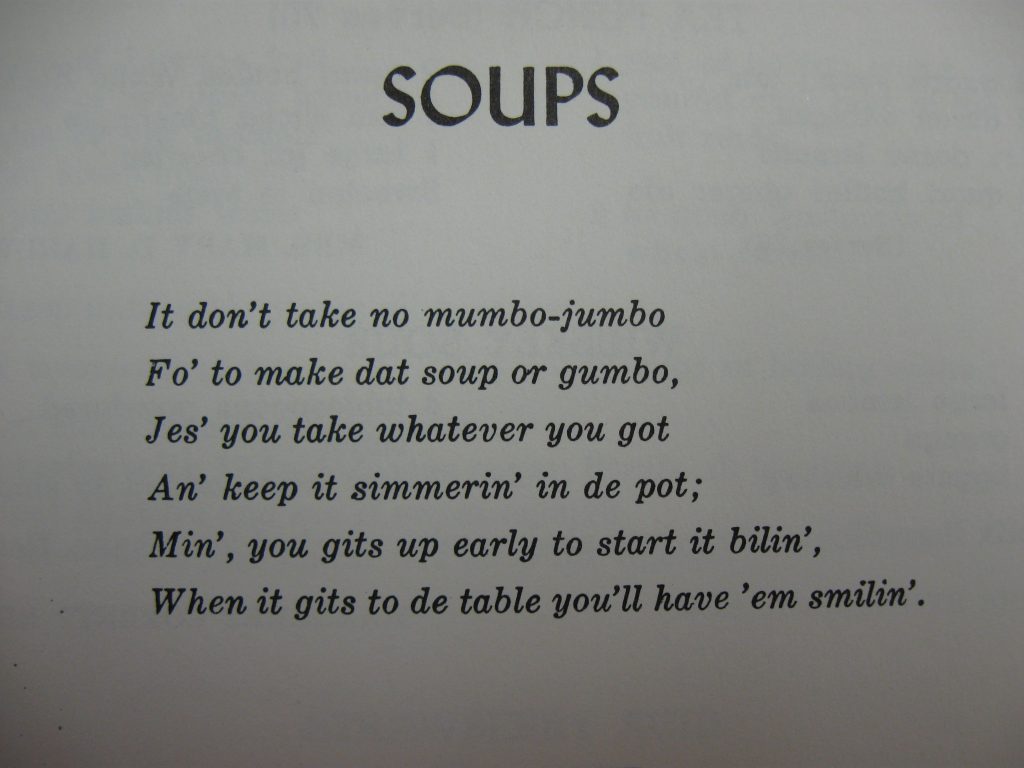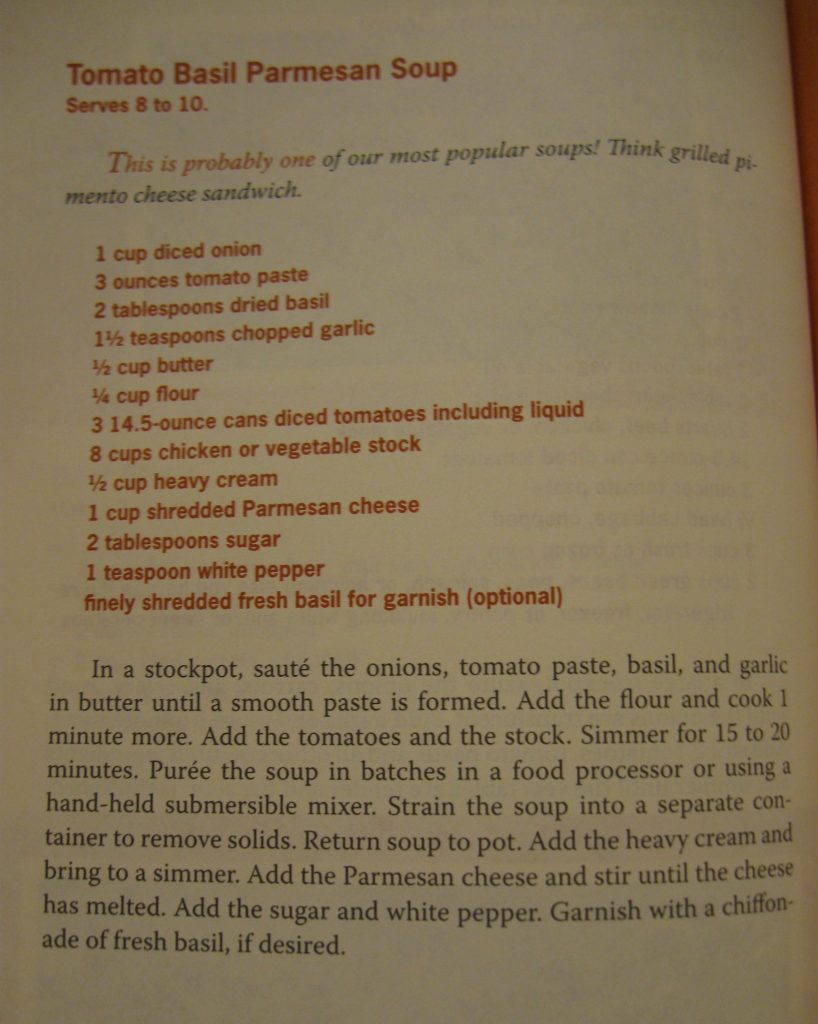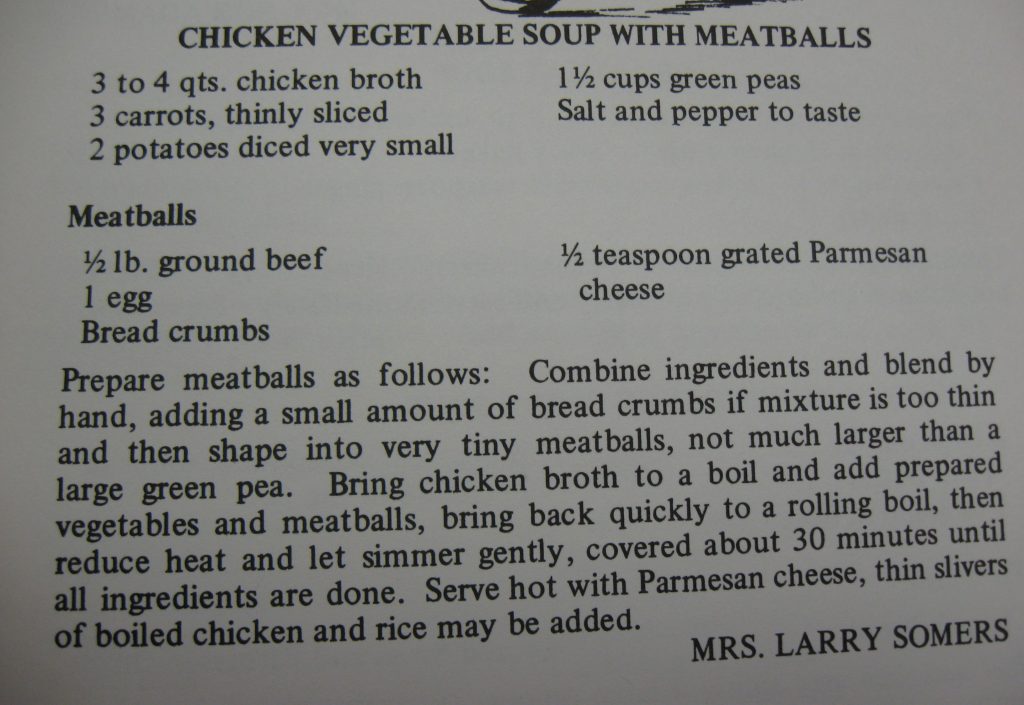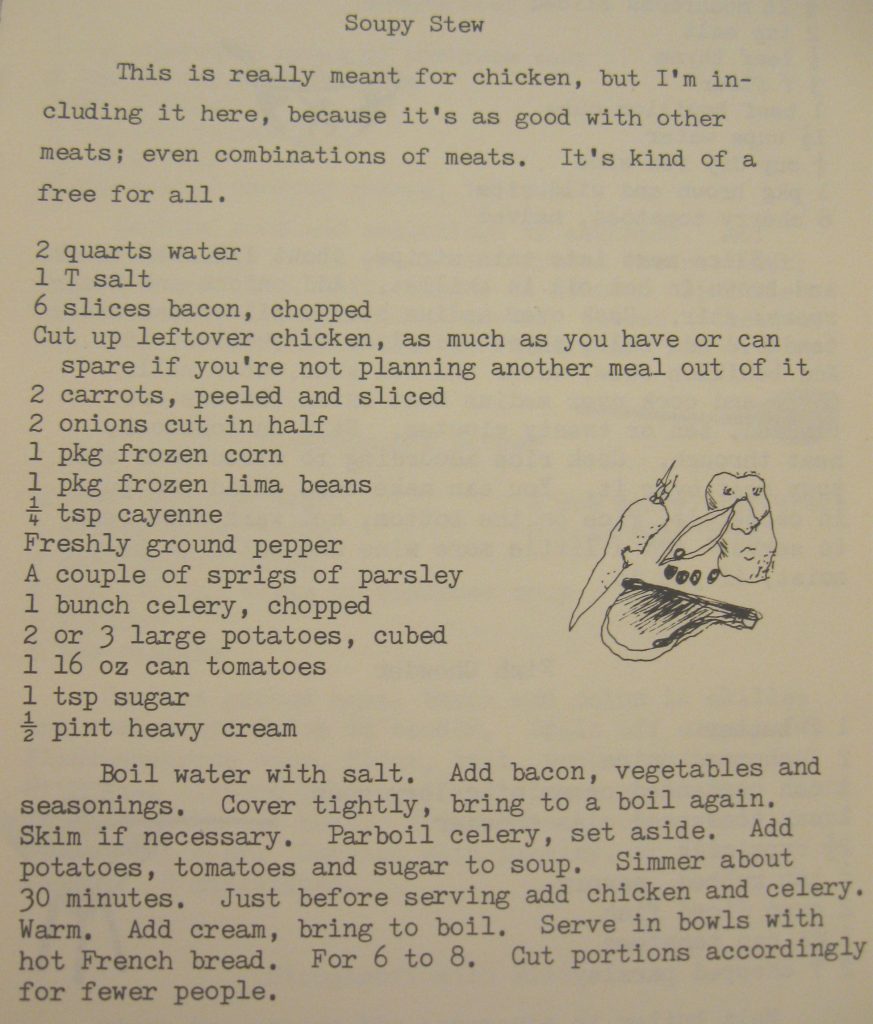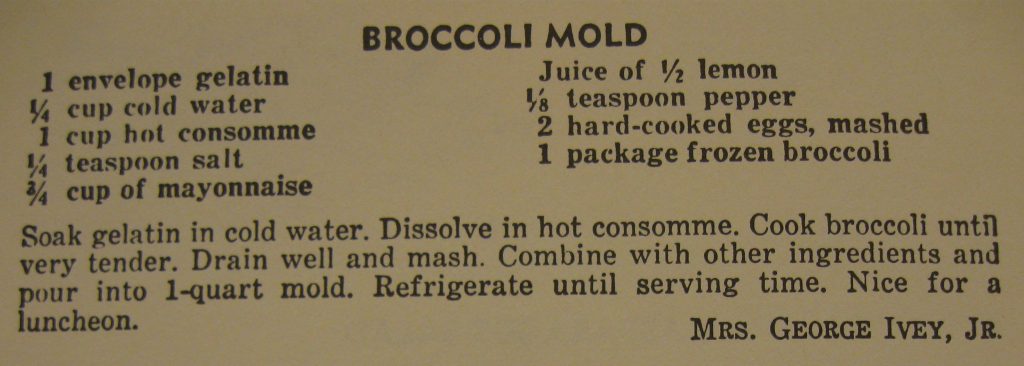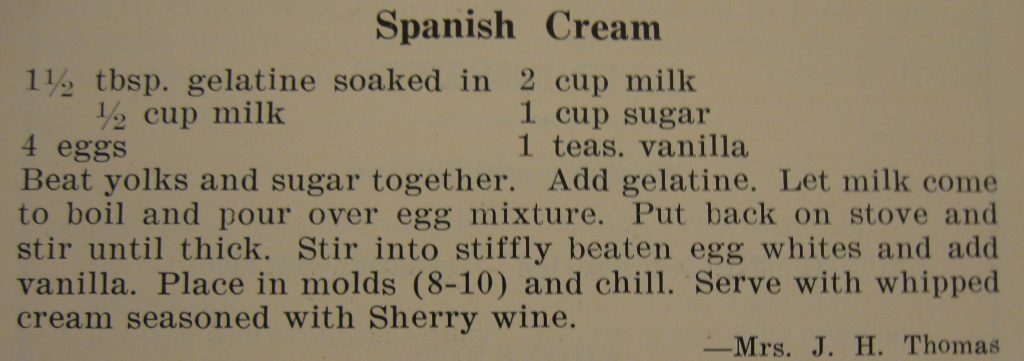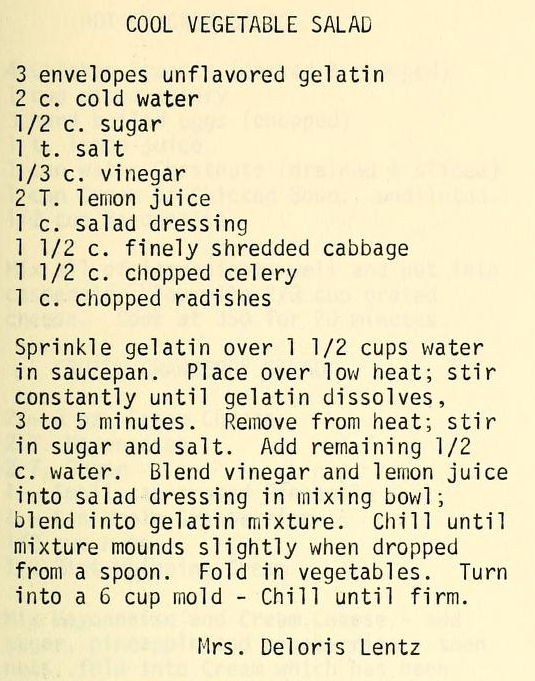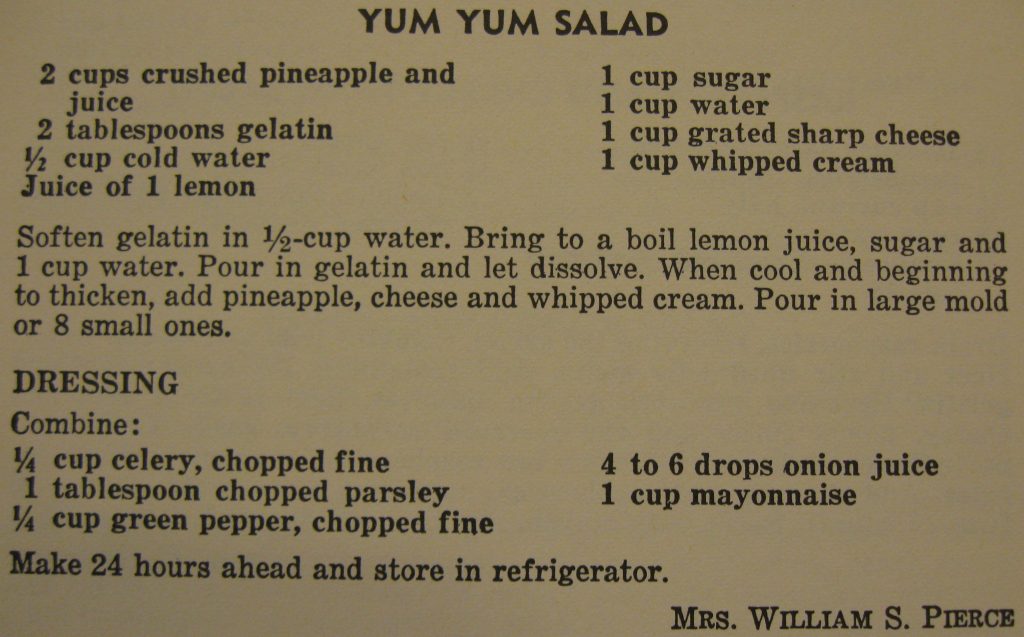“Glenda Elizabeth Gilmore [in “Gender and Jim Crow”] recounts a debate on a summer night in 1901 in Charlotte, North Carolina, between two well-educated young women, Addie Sagers and Laura Arnold, on the topic ‘Is the South the Best Home for the Negro?’
“Sagers argued against going North, where, she said, the only jobs open to blacks were ‘bell boy, waiter, cook or house maid,’ and where Northern unions excluded blacks from their ranks. Arnold, her debate opponent, railed against the violence, segregation and disenfranchisement of blacks in the South. She agreed that ‘the unknown was frightening,’ but added, ‘if the Puritans could cross the oceans in small boats, surely North Carolina’s African-Americans could board northbound trains.’
“Gilmore notes that Arnold’s ‘received more points than any other speech that night.’ Two weeks later, Arnold ‘took her own advice and moved to Washington, D.C.’ ”
— From “The Warmth of Other Suns” by Isabel Wilkerson (2010)

